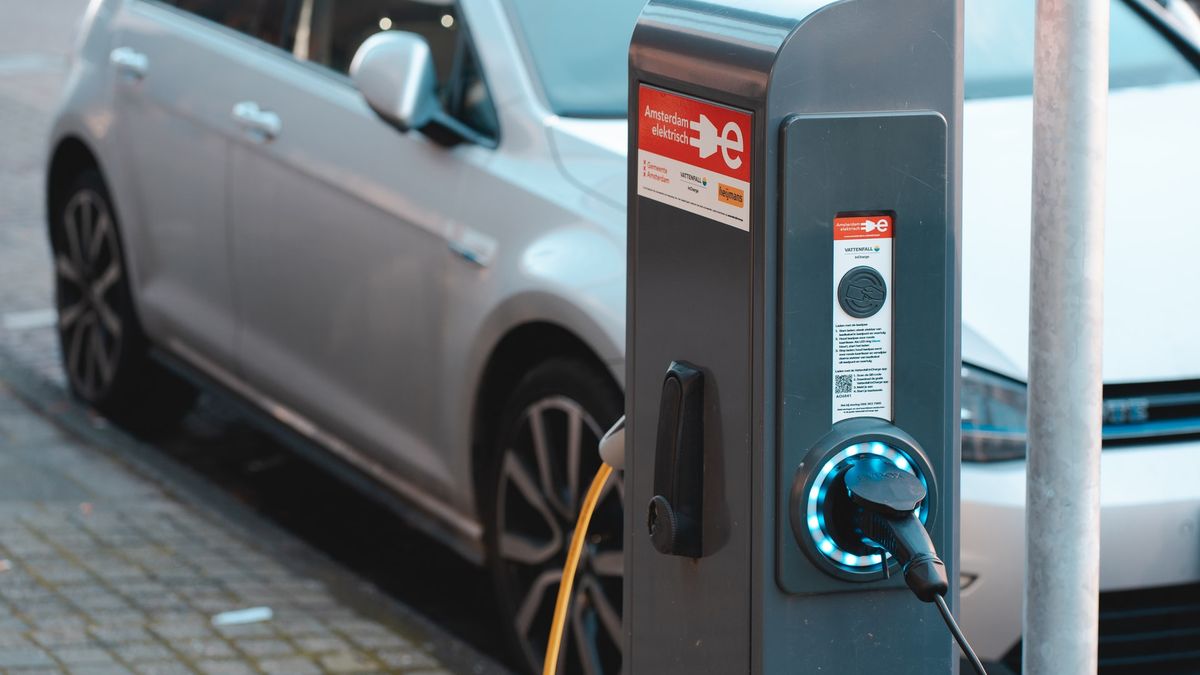JAKARTA – The Chinese electric vehicle (EV) manufacturer Geely together with Xiaomi, which has just entered the electric car industry, submitted a proposal to the Chinese government to increase the number of power stations there. The reason is that electric charging stations are an important factor in the development of China's electric vehicles.
Xiaomi CEO Lei Jun and Geely boss Li Shufu pushed Beijing towards the goal at China's annual political gathering. Both companies are asking the government to change its approach to charging electric EVs.
Xiaomi, which entered the electric vehicle market in March 2021, has built its first EV factory in the suburbs of Beijing. Lei Jun encouraged the government to develop electric charging stations and infrastructure using renewable energy.
“The charging infrastructure is the backbone of the EV industry,” Lei Jun wrote in the proposed proposal.
The reason is that the current electric charging station is still low and takes longer when charging. Meanwhile, Li Shufu advised the government to build more battery exchange stations and not to stop charging the existing ones. Shufu believes that swapping batteries will improve charging efficiency and lower the purchase price of EVs.
Currently, Tesla's electric charging is still the mainstream for electric vehicles. Therefore, players in the industry such as NIO and Xpeng, as well as battery manufacturer Contemporary Amperex Technology Co. have stepped up efforts to promote battery swapping services.
Researcher from North China University of Technology, David Zhang, argues that Lei's proposal to build a better charging infrastructure will help newcomers like Xiaomi establish their market position.
China's charging stations need upgrading as only about 20 percent of EV chargers in the country are high-powered and fast. "There is an urgent need for faster and cheaper battery charging services," Zhang added.
Regarding battery swapping, he stated it would be difficult to persuade electric car manufacturers to accept standard batteries for swapping but noted that the approach could potentially be in specialty vehicles, such as electric taxis, and the like.
EV sales have grown rapidly in the world's largest auto market. In 2021, there will be 2.99 million units of new energy vehicles sold in China, a record high and accounting for 14.8 percent of the country's overall vehicle sales, according to data compiled by the China Passenger Car Association (CPCA). SCMP.
The English, Chinese, Japanese, Arabic, and French versions are automatically generated by the AI. So there may still be inaccuracies in translating, please always see Indonesian as our main language. (system supported by DigitalSiber.id)











